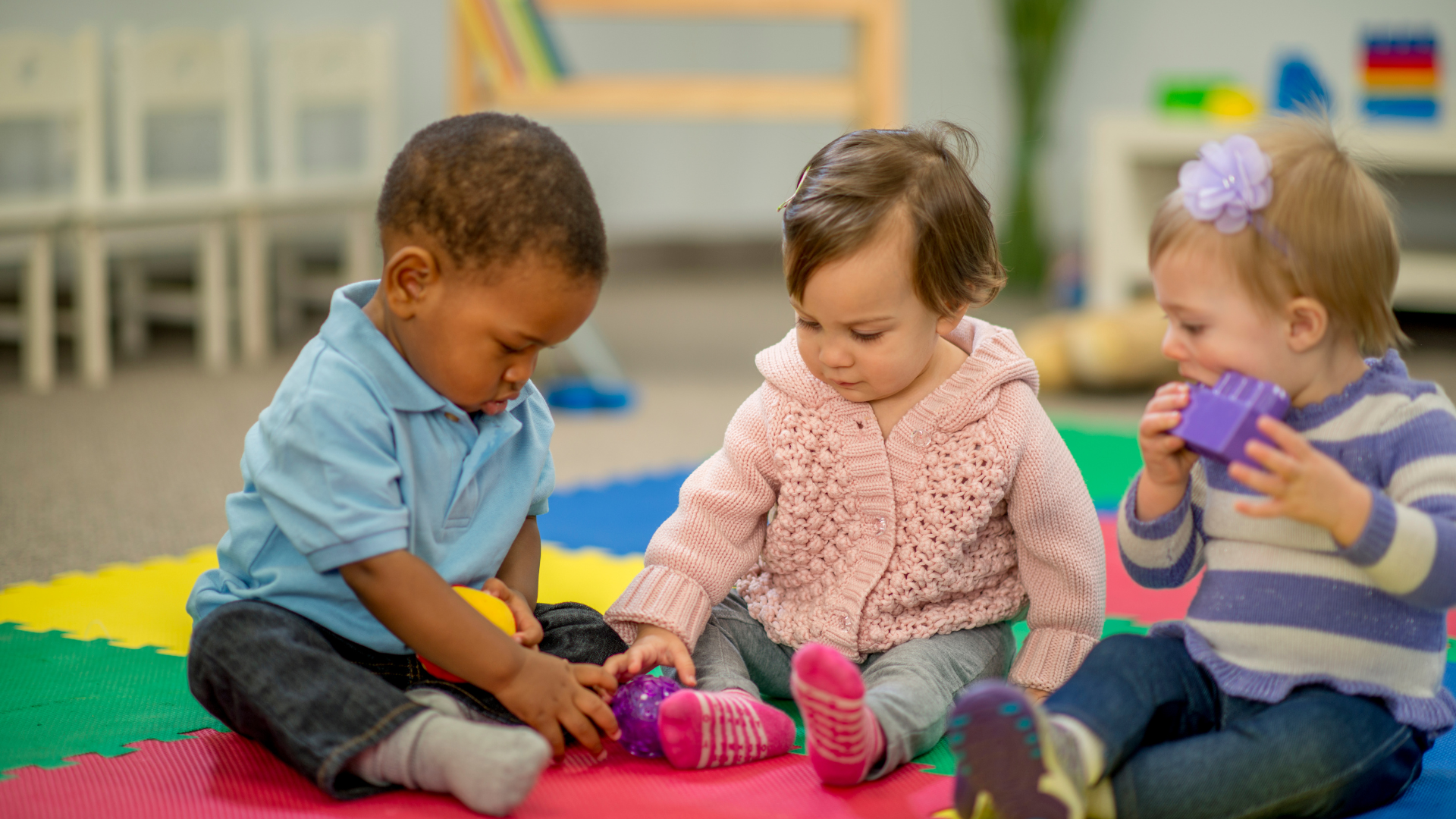The First 7 Years: Building the Foundation for Emotional Intelligence

The first seven years of a child’s life are a period of remarkable growth and development. During this time, children are not only learning to walk, talk, and explore the world, but they are also laying the groundwork for their emotional and social well-being. Emotional intelligence (EQ)—the ability to understand, manage, and express emotions effectively—begins to take shape in these formative years.
By prioritizing the development of EQ early on, parents and caregivers can empower children with skills that will serve them throughout their lives, from forming healthy relationships to making thoughtful decisions.
Why the First Seven Years Matter
- Brain Development:
The human brain undergoes rapid growth in the first seven years, particularly in areas related to emotional regulation and social interaction. This is when neural pathways associated with empathy, self-control, and emotional awareness are formed, making it an ideal time to nurture these skills. - Learning Through Imitation:
Children learn primarily through observing and mimicking adults in their early years. Parents and caregivers who model healthy emotional responses and empathy provide a template for children to emulate in their own lives. - The Foundation for Relationships:
The ability to communicate feelings and understand others’ emotions is crucial for forming meaningful relationships. Teaching these skills early helps children build strong connections with family, peers, and teachers, fostering a sense of belonging and confidence. - Resilience Development:
Children who are taught to navigate emotions like frustration, disappointment, and anger early are more likely to develop resilience. This equips them to face challenges with a positive mindset as they grow.
Practical Ways to Nurture Emotional Intelligence Early
- Label Emotions:
Help children identify their feelings by naming them. For example, “I see you’re feeling frustrated because you can’t reach that toy.” This helps them understand and articulate their emotions. - Encourage Empathy:
Teach children to consider others’ feelings by asking questions like, “How do you think your friend felt when you shared your toy?” - Practice Active Listening:
When children express their emotions, listen without interrupting or dismissing. Validate their feelings by acknowledging their perspective. - Model Healthy Behaviour:
Demonstrate calm responses to stress and show how to resolve conflicts constructively. Children often replicate the behaviours they observe. - Provide Safe Boundaries:
Teach children that all emotions are valid, but not all actions are. Setting boundaries helps them understand how to express themselves respectfully and effectively. - Encourage Problem-Solving:
Instead of solving every problem for them, guide children to think of solutions. This not only boosts confidence but also strengthens emotional resilience.
The Lifelong Impact of Emotional Intelligence
Emotional intelligence isn’t just about managing feelings; it’s about fostering self-awareness, empathy, and interpersonal skills that are vital for success in all areas of life. Children who develop strong EQ early on are more likely to excel academically, handle stress effectively, and build fulfilling relationships.
Investing in emotional intelligence during the first seven years creates a ripple effect, shaping the kind of adults they will become and the positive impact they will have on the world.
Empower Your Child’s Emotional Growth
Give your child the best start by enrolling them in the EQ4Kids Programme. This engaging and supportive program is designed to nurture emotional intelligence during the critical early years, helping your child build a strong foundation for a lifetime of emotional and social success.
Share Post
Complete the following form if you require more info about EQ4kids or want to enroll your child at your nearest Franchise.
Blog Enquiry









